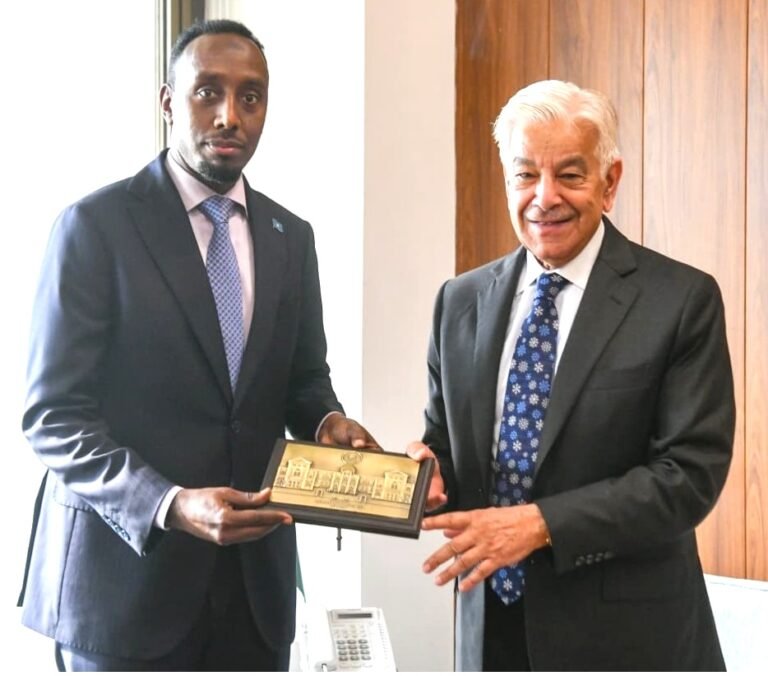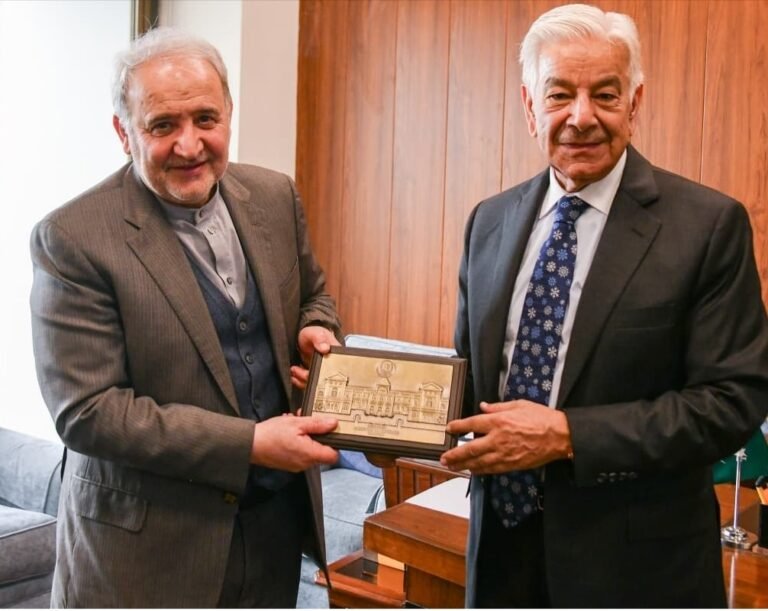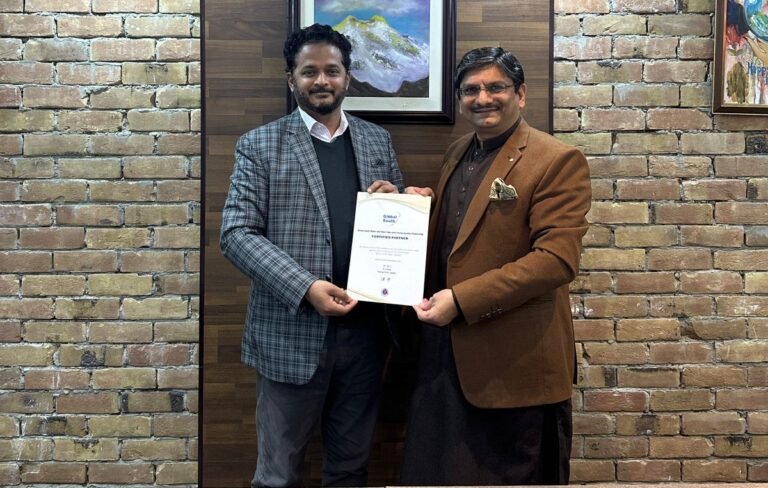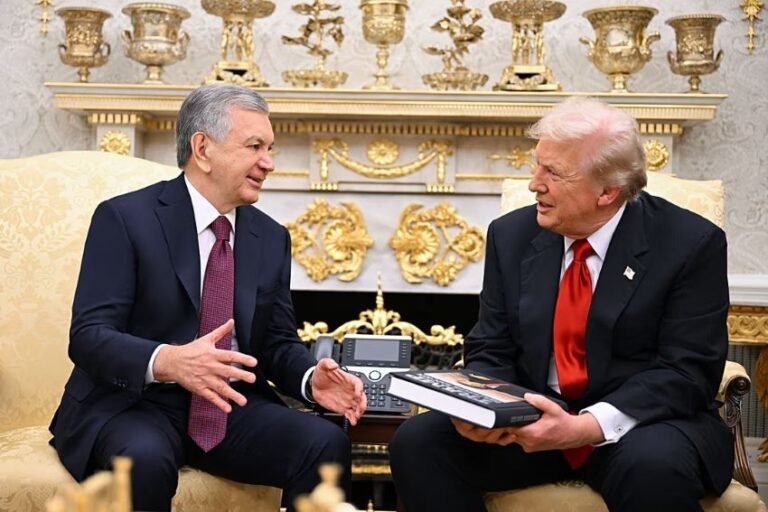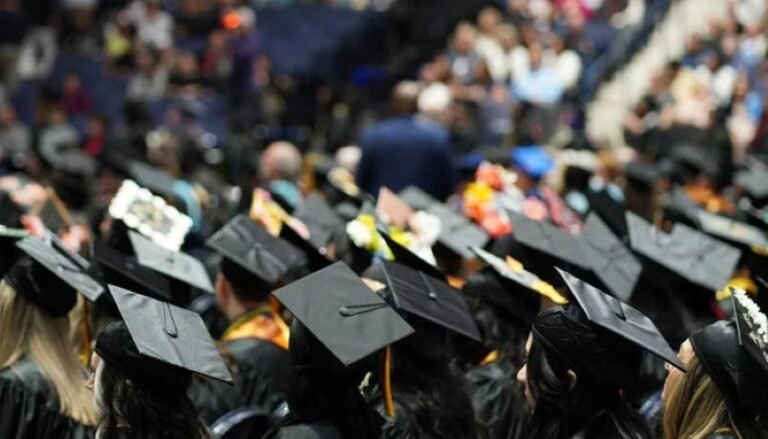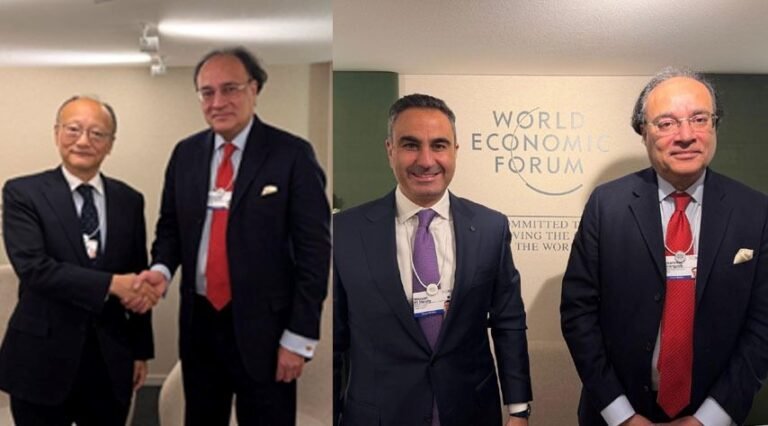Geneva, 21 September 2022 (TDI): The Ambassador of Lithuania to Geneva, Darius Staniulis participated in the 51st Session of the UN Human Rights Council (HRC).
He encouraged governments to engage with Civil Society and ensure meaningful access to them in all decision-making processes.
At #HRC51 🇩🇰🇪🇪🇫🇮🇮🇸🇱🇻🇱🇹🇸🇪🇳🇴 encouraged governments to engage with #CivilSociety and ensure ways for its meaningful participation in decision-making at all levels, especially in times of crisis, rather than fearing, dismissing or repressing. #NB8
📜: https://t.co/XzA0ujMPqi pic.twitter.com/UjSnOoCbQP— Lithuanian Permanent Mission in Geneva (@LtGva) September 21, 2022
Statement by Ambassador of Lithuania
Ambassador of Lithuania to Geneva, Darius Staniulis delivered a statement on the behalf of Nordic-Baltic countries. He said,
“Thank you Mr President, I have the honor to speak on behalf of the Nordic-Baltic countries: Denmark, Estonia, Finland, Iceland, Latvia, Norway, Sweden, and Lithuania.
We welcome the comprehensive report of the High Commissioner for Human Rights on the implications for civil society in the context of the COVID-19 pandemic.
The pandemic proved to everyone that active involvement in public affairs is of paramount importance, especially in times of crisis.
Volunteers and other civil society actors stayed on the frontlines providing health care, food, shelter, and other essentials to those in need, despite the risks to their own safety.
Human rights defenders, journalists, and other media workers significantly contributed by promoting vaccination campaigns and disseminating reliable information, as well as playing a monitoring role, ensuring that any imposed restrictions were justified, proportional, and temporary.
A significant number of civil society initiatives started around the world, thus boosting active public engagement.
However, the report regrettably concludes that despite being essential to combating the pandemic, civil society was frequently excluded from critical processes, such as decision-making, often due to the lack of digital infrastructure and digital literacy.
In particular, women, youth, and other groups of society were significantly under-represented in Covid-19 management and decision-making, or even disregarded, thus undermining global efforts to overcome and sustainably recover after the pandemic.
It is particularly alarming that journalists and other media workers faced increased surveillance, smear campaigns, restrictions on reporting, and other repressions against them, both online and offline.
Mr President, We want to emphasize that crisis situations must never become an excuse for undue restrictions on democracy, human rights, and the rule of law.
Rather than fearing, dismissing or repressing, we call on governments to engage with civil society and ensure ways for its meaningful participation in decision-making at all levels, especially in times of crisis. I thank you.”
Also Read: Foreign Minister of Lithuania promotes Nordic-Baltic unity
Student of BS International Relations in Kinnaird College for Women. Currently, working in 'TDI' as a contributor.
- This author does not have any more posts.



